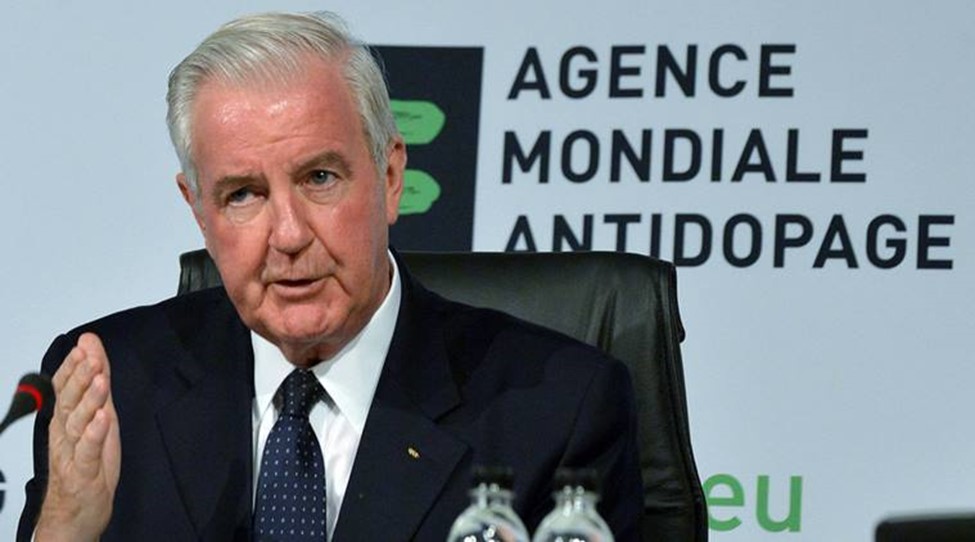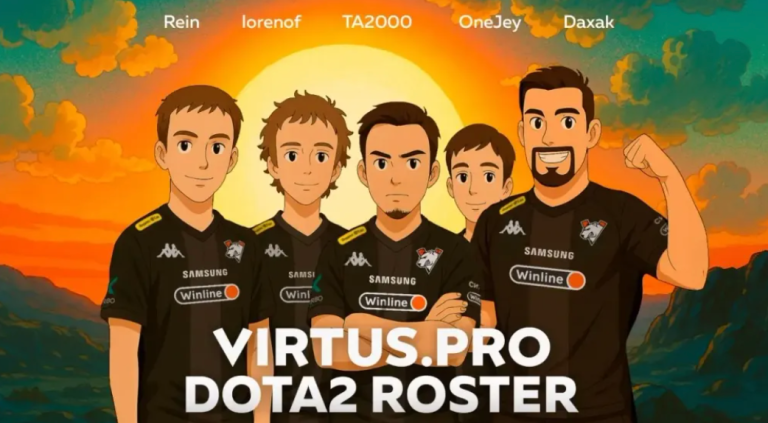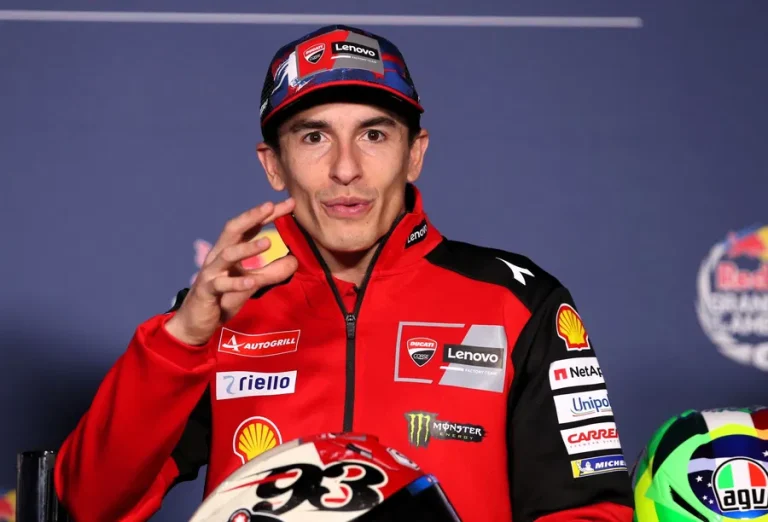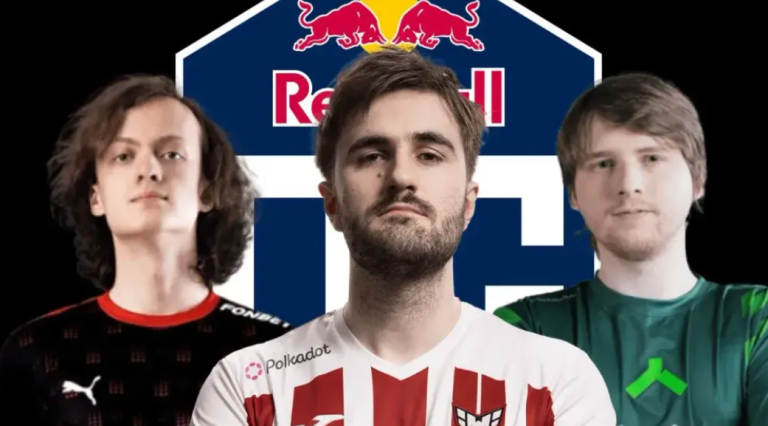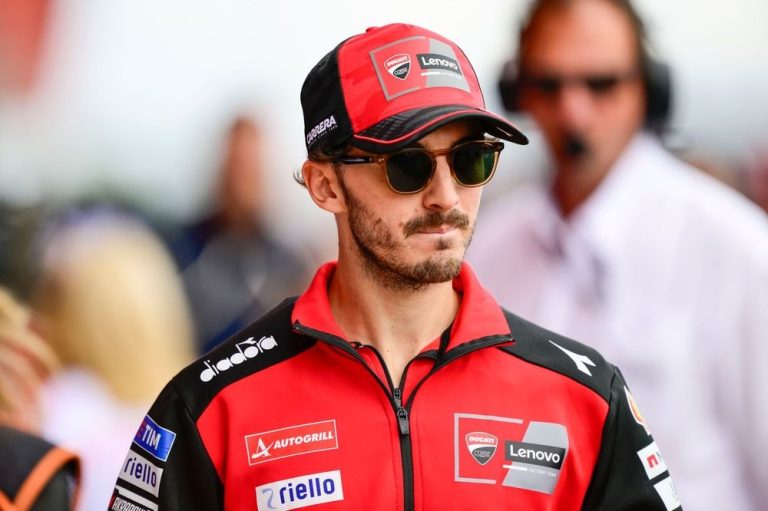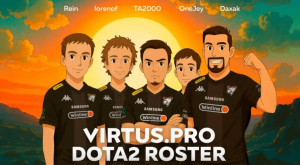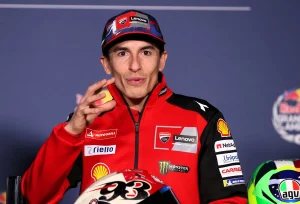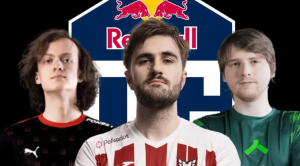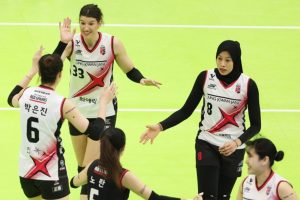World Anti-Doping Agency (WADA) president Craig Reedie said on Wednesday that the Russian authorities must accept the conclusions of the McLaren report on an institutional doping system to get out of the crisis and regain the confidence of the sports.
This recognition by Moscow of the conclusions of the report of the Canadian jurist Richard McLaren on the existence of an institutional system of doping between 2011 and 2015, with the complicity of the Russian Ministry of Sports, is one of the last two conditions for the Russian national agency RUSADA to be reinstated as one of WADA’s Code agencies.
“It is just too bad that it takes the Russian authorities so much time to make this happen,” Reedie said during the opening of a WADA symposium in Lausanne.
“There is a roadmap that is clear. The agency has been authorised by WADA to conduct new control programs under international supervision.
“The first losers are the Russian athletes. Their participation in major competitions will continue to be questioned until RUSADA is reinstated.” Reedie added.
Russia was excluded from the Pyeongchang Winter Olympic Games, with only a select selection of neutral athletes selected by the International Olympic Committee.
The return of RUSADA among compliant agencies is also a condition for Russia to be reinstated within the International Athletics Federation or known as IAAF.
“If WADA cannot say that Russia has a compliant National Anti-Doping Agency, the rest of the world will not be convinced that a real change has taken place,” Reedie said.
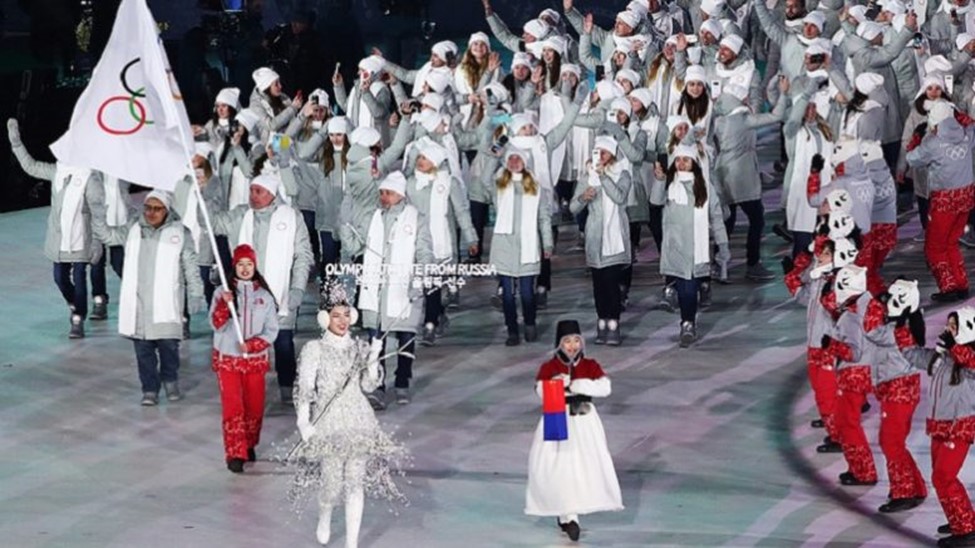
Olympic athletes from Russia at the 2018 Winter Olympics. (Source:www.times.com)
WADA on the other hand, they also claim to have access to Moscow’s anti-doping laboratory and the samples therein, a condition still unfulfilled.
Present at one of the round tables on the reconstruction of anti-doping in Russia, the new Director General of RUSADA, Yuri Ganous, revealed his new agency, multiplying the pledges of independence and transparency.
“We are doing our best. But understand me, this is a question for the representatives of the state. And it’s all about negotiations.” Ganous said.
In December last year, Russian authorities claimed that they had not accepted a report that uncovered a state-sponsored system of doping in the country.

